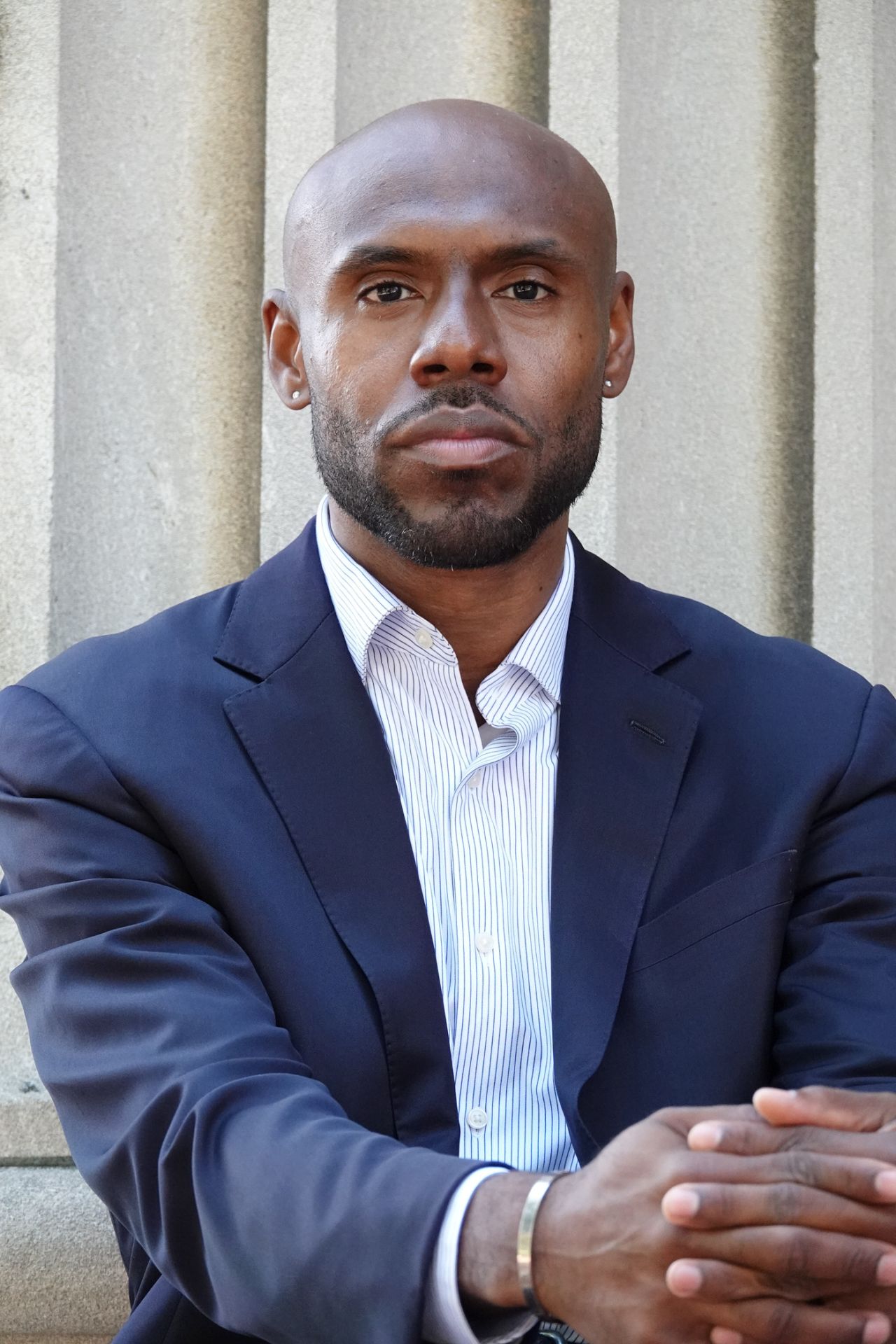Dustin T. Duncan
Addressing the Social & Health Needs of Our Communities
The Social Epidemiology of the COVID-19 Pandemic
Neighborhoods
and
Health
The Social Epidemiology of Sleep

Join Our Mission
Research that makes a lasting impact right now.
THE LATEST:
The Social Epidemiology of the COVID-19 Pandemic provides an interdisciplinary analysis of the pandemic’s effect across populations and its disproportionate impact on vulnerable groups in society, including racial/ethnic minority, immigrant, and incarcerated populations. Written by leading international scholars, this essential volume describes how the COVID-19 pandemic intersects with nearly every social determinant of health, from race and ethnicity to income inequality, and how such interactions compound existing structural disadvantages.
About Dr. Dustin T. Duncan
Dr. Duncan is a Professor of Epidemiology at the Columbia University Mailman School of Public Health, where he directs the Columbia Spatial Epidemiology Lab and codirects the Social and Spatial Epidemiology Unit.
Key Topics Explored
Uncover the pivotal themes and revelations within the books.
Impact on Public Health Systems
An in-depth look at how healthcare infrastructures were tested and transformed by the pandemic.
Socioeconomic Disparities
Analysis of how COVID-19 exacerbated existing inequalities and what this means for future policy.
Mental Health Challenges
Exploration of the pandemic’s psychological toll and the emerging mental health crisis.
Community Resilience
Case studies showcasing how communities adapted and thrived amidst adversity.
What reviewers are saying about the research and editorial works of Dr. Duncan
“The COVID-19 pandemic showed, yet again, that the consequences of pandemics emerge from far more than the pathogen itself. They emerge from the social conditions that set the stage for who becomes sick, who lives, and who dies. This book offers a comprehensive account of the social forces that created the COVID-19 pandemic and points to lessons we would be wise to learn if we are to mitigate the next pandemic.”
~ Sandro Galea, MD, DrPH, Dean and Robert A. Knox Professor, School of Public Health, Boston University
“The methodological insights and specific research findings displayed here signal an important advance in epidemiology. This book summarizes much of the recent progress that has been made in studies that use aggregate or area-wide measurements. Overall, this book has much to offer. The authors themselves are clearly aware of the complexities, unsolved problems, and numerous challenges that confront anyone who wants to assess quantitatively the impact of social and geographic units on health.” –American Journal of Epidemiology “Advances the debate over the theory and methodology of the study of neighborhoods and health to the center stage of epidemiology, public health, and health policy.”
~ JAMA
“The distribution and control of disease in human populations has always been profoundly and inextricably social. As these authors skillfully and exhaustively demonstrate, the COVID-19 pandemic serves as a paradigmatic case study of the social determinants of exposure, infection, and disease. Race, gender, class, and power all play starring roles in this terrible saga, along with work, housing, policing and trust. This book provides a comprehensive account of how to understand mass disease in terms of a society out of joint.”
~ Jay S. Kaufman, PhD, Professor, School of Population and Global Health, McGill University
